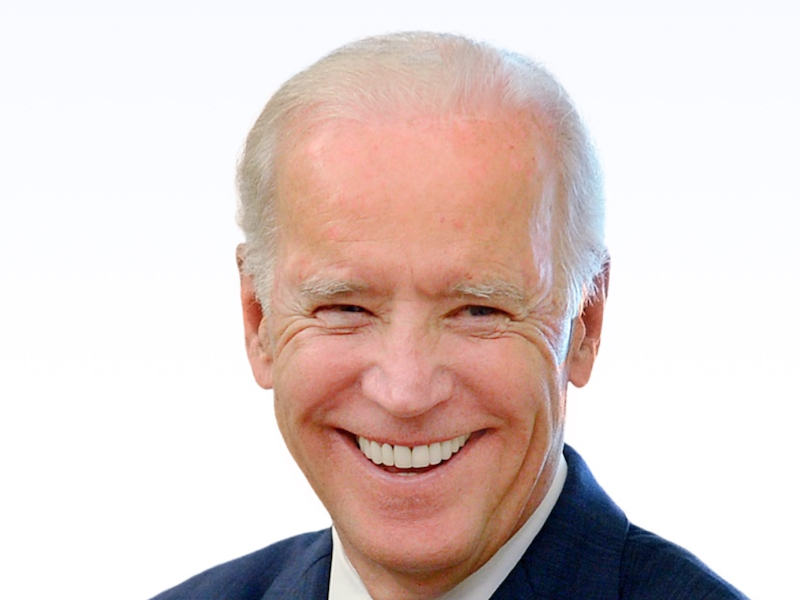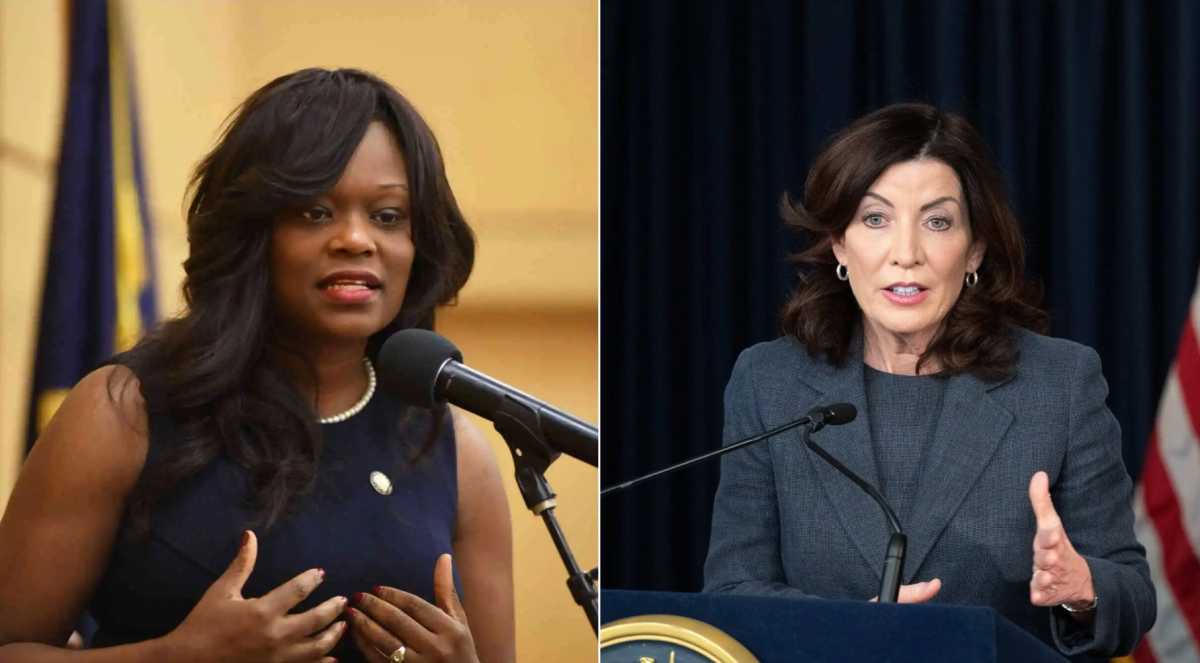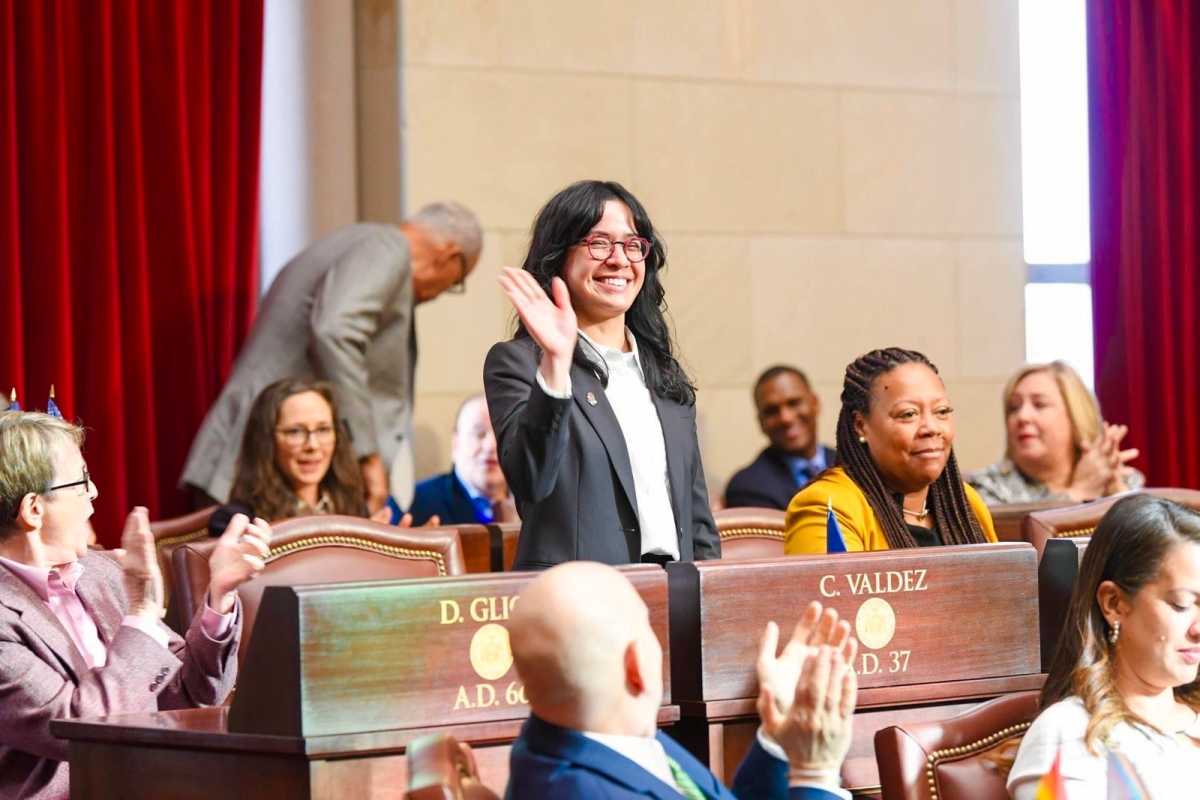Thanks to the Federal Court decisions restoring the Presidential Primary to the ballot, every enrolled Democrat is eligible to vote in the primary on Tuesday, June 23, although, depending upon the number of primaries in your area, many of you will be able to vote for little else.
But even where a voter if lucky enough to have several contested primaries, most of the space on your ballot is going to be taken up by candidates for delegate to the Democratic National Convention pledged to vote for candidates for President who are no longer in the race.
Eleven candidates filed petitions to run in the NYS Democratic Presidential Primary. Five of those candidates (Buttigieg, Warren, Yang, Sanders and Biden) fielded nearly complete slates of candidates for delegate in nearly every Congressional District. Two others (Steyer and Bennett) fielded some delegates, but nothing approaching a complete slate. The others (Bloomberg, Gabbard, Klobuchar and Patrick) fielded no delegates whatsoever.
Not that it mattered.
Because, according to NYS’ delegate selection plan (echoed by plans in other states where delegate names appear on the ballot), a candidate gets to earn delegates as long as they reach a threshold of 15% of the votes in any particular Congressional District (or whatever district that state chooses to use—don’t get me started talking about Jersey). If a candidate who makes threshold in a district does not have delegates on the ballot there, the Democratic State Committee will elect them later from names submitted by the candidate’s campaign.
Most voters will doubtlessly vote for the entire slate for whichever candidate they support.
This might seem to make sense, but it is actually a pointless waste of your votes.
Why?
Because delegates are allocated proportionately, based upon the candidate’s votes in the Congressional District.
After the vote, it is determined which candidates in the District reached a threshold. The votes of the candidates who made threshold are then added together and the votes for each candidate who made threshold are divided into that total and delegates are then allocated proportionately between the threshold-makers.
Say a District has 8 delegates. There are 4227 votes. Biden gets 3000, Bernie 1000, Warren 150, Buttigieg 50, Yang 25, Tulsi 2. Only Bernie and Biden make the threshold. Their votes are added together, the others thrown into the dustbin of history. Biden, getting 75% of the remaining 4000 votes, gets 75% of the delegates (6) and Bernie gets the rest (2).
The top vote-getting delegate for Biden in that district gets elected; she happens to be female. The next Biden delegate elected is not necessarily the top remaining vote-getter; rather it is the top vote-getting male. Then, the rest of the delegates Biden is entitled to in the district will continue to be allocated alternatively by gender to the highest remaining vote-getter for that gender until Biden’s exhausted his allocation. Conceivably, the lowest male winner in that district may actually have fewer votes than the females who lost, or vice versa—too bad, so sad.
Then the allocation continues, in the same gender order, to the Bernie delegates, until he gets his share.
(A non-binary candidate is almost like the bingo free-space. If they are the next highest vote-getter in the allocation, they get the next slot, no matter which gender is to be allocated to).
If the district has an odd number of delegates, gender allocation gets a bit more complicated, but trust me, unless you are actually a delegate-candidate, you don’t want it explained to you.
Under such a system, it makes no sense to vote for an entire slate for any candidate, since the whole idea of the delegate vote is to determine which of the delegates on the slate gets to go to the convention and which don’t.
Obviously, under such circumstances, it makes almost no sense to vote for a delegate-candidate on a slate which isn’t getting 15% in your district, which, if performance in other states is a guide, means not to vote for anyone’s delegates but Bernie’s and Biden’s.
Of course, if you know the delegate-candidate personally, or if it is someone you admire, you may want to toss them a vote. And political monomaniacs like me will note these votes and their anomalies and post about them on Facebook and Twitter.
But, really, it won’t mean a thing.
In my home district, one of the Warren delegate-candidates is the highly popular Councilman Brad Lander. Conceivably, Lander could gather a lot of votes from voters, regardless of their Presidential preference. But, even if he is the top vote-getter of all the delegates on all the slates, he won’t be elected unless Warren gets 15% in his district.
So, how does one vote?
The whole ostensible point of what many consider a pointless Presidential primary is that by voting for Bernie, one ensures the election of more delegates willing to facilitate a more progressive platform.
Mind you, during the period the primary was canceled, the Biden campaign was pretty much ready to order State Committee to allocate Bernie a higher percentage of the delegates than he is likely to win in the primary, just to ensure Peace In Our Times but, let’s take the idea seriously.
The best way for a Bernie voter to ensure a hard-left platform is to find the hard lefties on the Bernie slate and, to the extent they exist, on the Biden slate as well. In CD 11, a hard-leftie might agree that Bernie delegate-candidate Councilman Justin Brannan is a good guy but might want instead to first ensure the election of 2016 Jill Stein supporter Adam Baumel, former Congressional hopeful Paul Sperling (who recently indicated on Facebook his support for the use of Molotov cocktails as a tool for political persuasion), and professional camera-hound Linda Sarsour. Conversely, more centrist Biden supporters might want to use most of their delegates votes to ensure the election of the pragmatic Brannan and anyone else on the Bernie slate but the hardcore lefties.
In CD 7, more moderate Dems might want to help ensure a victory for a pragmatist Bernie supporter like former Councilman Rafael Espinal, and in the 10th for former State Senator Tom Duane.
Conversely, though the picking maybe slimmer, there are also some opportunities for progressives to drive the Biden delegation to the left as well. For instance, in CD 9, Bernie voters might be well-advised to throw their votes to super-progressive Biden delegate-candidate Monique Chandler-Waterman, a longtime close ally of Public Advocate Jumaane Williams.
So, just don’t mark your ballot blindly, a little finesse and a bit of mixing and matching slate might ensure a convention more to your liking than would just voting blindly for all your candidate’s delegates.
Of course, since the convention is almost certainly going to be some form of virtual, it may beg the question of who cares and whether it matters.










